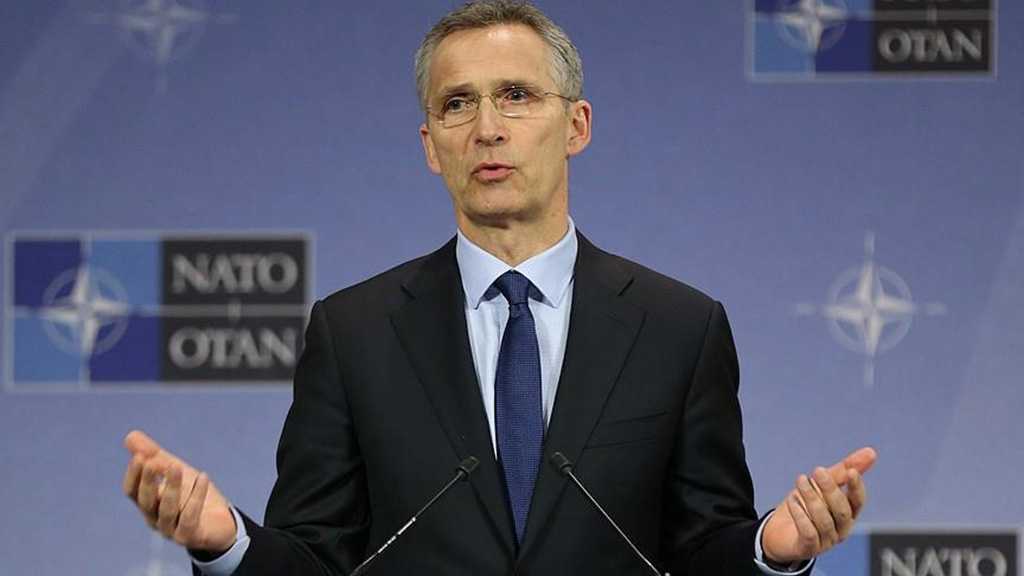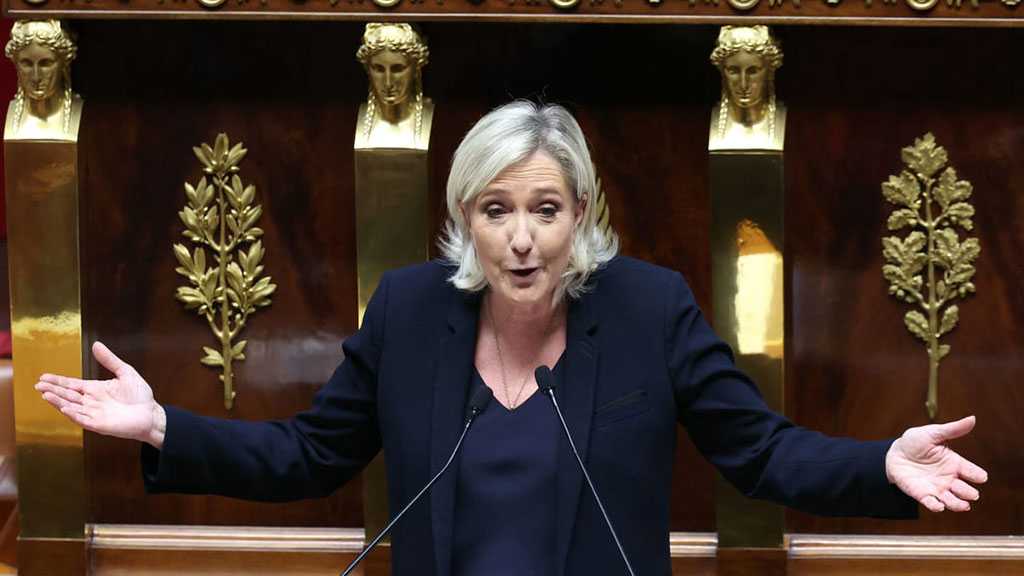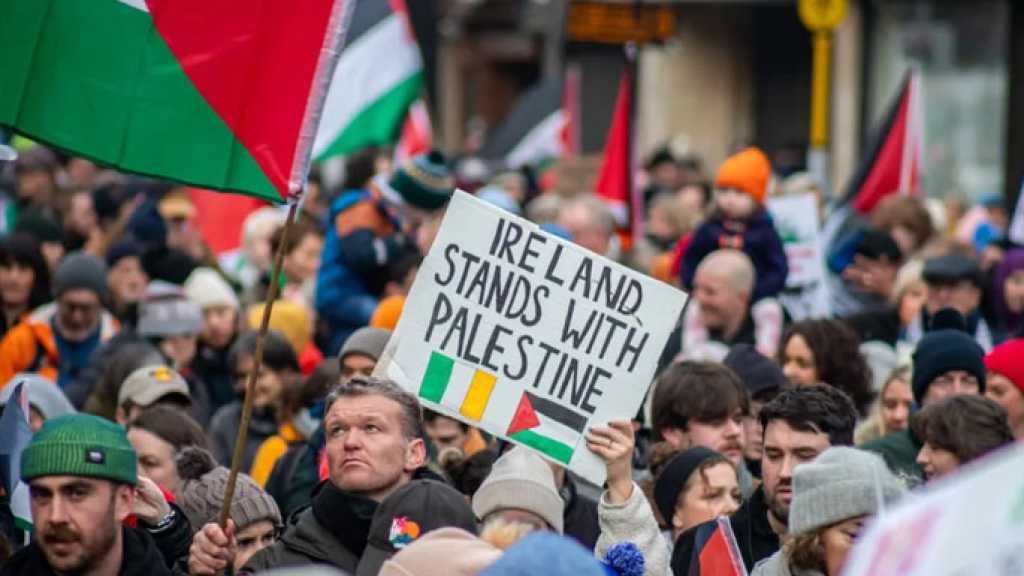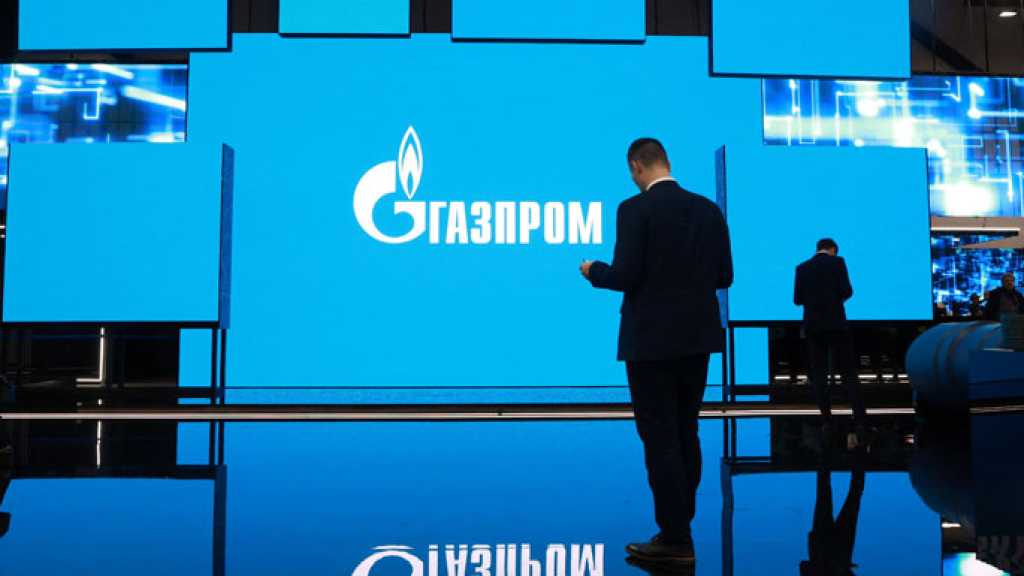
NATO chief: Ukraine Has Received 98% of Promised Combat Vehicles

By Staff, Agencies
NATO allies and partner countries have provided Ukraine with 1,550 armored vehicles and 230 tanks to form units and help it retake territory from Russian forces, the military alliance’s chief said.
Jens Stoltenberg, NATO secretary general, said on Thursday that the deliveries constituted more than 98 percent of the combat vehicles promised to Ukraine during Russia’s special military operation in the country.
“In total, we have trained and equipped more than nine new Ukrainian armored brigades. This will put Ukraine in a strong position to continue to retake occupied territory,” Stoltenberg told a news conference.
More than 30,000 troops are estimated to make up the new brigades. Ukraine’s allies have also sent “vast amounts of ammunition” and some NATO partner countries, such as Sweden and Australia, have also provided armored vehicles.
NATO member countries have also provided anti-aircraft systems and artillery while Poland and the Czech Republic have given Soviet-built MiG-29 aircraft.
Stoltenberg emphasized this “unprecedented military support to Ukraine” but cautioned that “we should never underestimate Russia.”
Moscow was mobilizing more ground forces and was “willing to send in thousands of troops with very high casualty rates”, he said.
In the face of what appears to be a prolonged conflict, NATO countries “must stay the course and continue to provide Ukraine with what it needs to prevail”, the alliance chief said.
Stoltenberg said that a NATO summit in July in Lithuania would set out plans for a “multiyear program of support” for Ukraine.
“This will put Ukraine in a strong position to continue to retake occupied territory,” Stoltenberg told reporters in Brussels.
His comments came a day after Ukrainian President Vladimir Zelensky said he and Chinese leader Xi Jinping had a “long and meaningful” phone call in their first known contact since Russia’s full-scale invasion more than a year ago.
Though Zelensky said he was encouraged by Wednesday’s call and Western officials welcomed Xi’s move, the development did not appear to bring about any immediate shift in peace prospects.
Russia and Ukraine are far apart in their terms for peace, and Beijing – while looking to position itself as a global diplomatic power – has refused to criticize Moscow’s invasion.
The Chinese government has viewed Russia as a diplomatic ally in opposing US influence in global affairs, and Xi visited Moscow last month.
“Maybe this war will end at the negotiating table,” Stoltenberg said.
But he stressed that “it is for Ukraine to decide what are the conditions for talks and what format any talks should have.”
In any case, Stoltenberg said, “Any possibility for meaningful negotiations requires that Ukraine has the necessary military strength to send a very clear message to President [Vladimir] Putin that he will not win on the battlefield.”
Last week, representatives of NATO members gathered in Ramstein in Germany for talks hosted by the United States to review the defense systems and supplies Ukraine has said it needs.
Zelensky has urged Western allies to send modern fighter aircraft and long-range missiles to help repel Russian troops, but NATO countries have so far stopped short of supplying Western-made jets.
Comments



